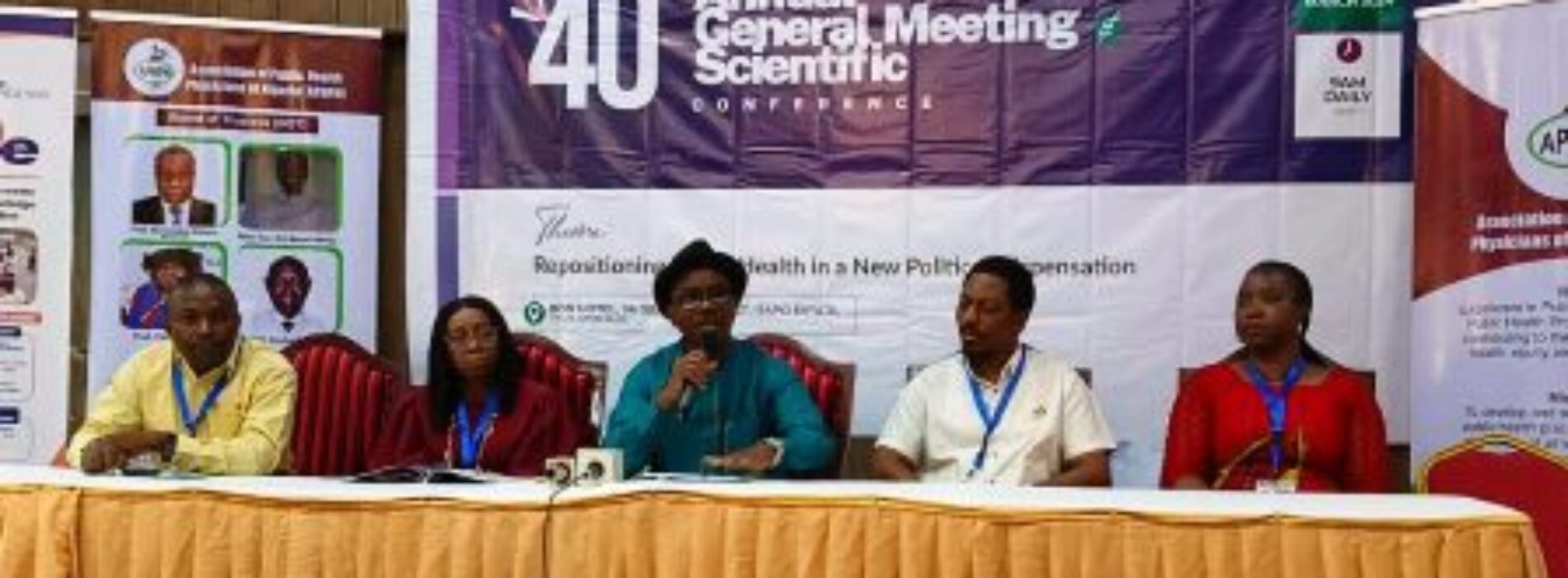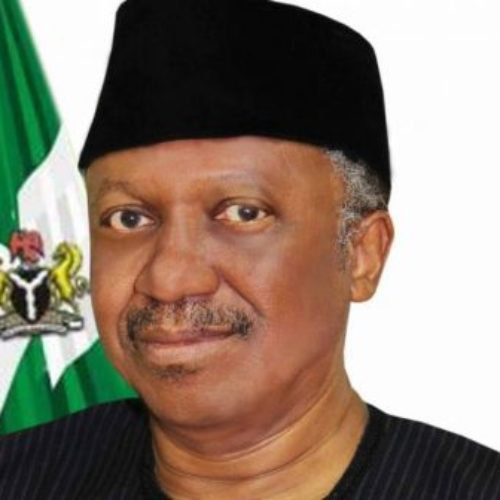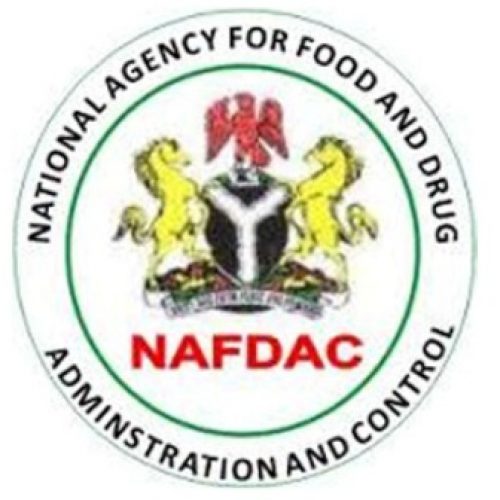Nigerian Hospitals depleted, healthcare in danger — APHPN President raises alarm
Worried by current economic hardship, the national President Of Association Of Public Health Physicians Of Nigeria (APHPN) Prof. Alphonsus Isara, has raised the alarm over rising cost of medicine, depletion of health workers and poor hospital facilities across the country.
The APHPN President stated this in Akure, the Ondo State capital while speaking with newsmen on the Occasion Of The 40th Annual General Meeting And Scientific Conference And Golden Jubilee Celebration of the association.
Prof. Isara pointed out that various challenges facing the health sector especially depleted human resources arising from massive brain drain known as JAPA syndrome, must be urgently addressed by government at all levels to save the citizens from timely deaths.
He said: “the current socio-economic challenge is an impediment to accessing healthcare for many citizens. Medical products including drugs remain out of reach for majority of citizens as a result of policies and sundry conditions that have prevented manufacturing companies from operating effectively in Nigeria.”
“The obvious challenges facing healthcare delivery in Nigeria include but not limited to the following: a very weak healthcare system, depleted human resources arising from massive brain drain especially in recent times, poor infrastructure, health insecurity (healthcare in danger), uncoordinated approach to healthcare, lack of political will on the part of government, etc.
“The present political dispensation in Nigeria has ushered in an avalanche of public health issues that are threatening the healthcare delivery system of the country. There are many cracks visible in the health system building blocks.
“There is drastic depletion of the health workforce occasioned by brain drain, as many health workers have emigrated in drones from the shores of Nigeria for greener pastures abroad.
“Our vision is excellence in public health practice by public health physicians at all levels contributing to the attainment of better health, equity and well-being of Nigerians, while our core values are: Empowerment through partnerships; Service with commitment; Team building with mentorship; Continuous improvement in practice; and Timeliness in response. Members of our Association have taken and will continue to take the leadership role in epidemic responses in Nigeria.
“Over the years and more recently in the COVID-19 pandemic, members of our great association have remained in the fore front of supporting and building a resilient and responsive Nigerian health system. We were at the forefront of the COVID-19 response across the country at such a time when other healthcare professionals were reluctant to tackle the virus head on.
“Apart from the COVID-19 pandemic, the Nigerian healthcare system is constantly being confronted by outbreaks of several infectious diseases such as Lassa fever, Yellow fever, Cholera, Cerebrospinal meningitis. As a result of this, APHPN has advocated for the domestication of the infection prevention protocols at both the community and facility levels in Nigeria. APHPN also calls for the establishment of the Department of Public Health in all secondary and tertiary healthcare facilities in our country.
“This will go along way to enhance our level of preparedness for future epidemic responses. The obvious challenges facing healthcare delivery in Nigeria include but not limited to the following: a very weak healthcare system, depleted human resources arising from massive brain drain especially in recent times, poor infrastructure, health insecurity (healthcare in danger), uncoordinated approach to healthcare, lack of political will on the part of government, etc.
“There are many cracks visible in the health system building blocks. There is drastic depletion of the health workforce occasioned by brain drain, as many health workers have emigrated in drones from the shores of Nigeria for greener pastures abroad,” the APHPN said.
Courtesy: Sunshine Truth
About author
You might also like
DICOMAG congratulates new health minister
Urges him to priorities diabetes control A non-governmental organization, Diabetes Control Media Advocacy Group (DICOMAG) has urged the new Minister of Health, Dr. Osagie Emmanuel Ehanire to make the control
NAFDAC bans registration of sachet alcoholic drinks
The National Agency for food and Administration Control (NAFDAC) has banned the registration of alcohol in sachets and glass bottles below 200ml. This is contained in a statement signed by the
Tobacco use is falling, but not fast enough, new WHO report reveals on World No Tobacco Day
Tobacco use has declined markedly since 2000, according to a new WHO report, but the reduction is insufficient to meet globally agreed targets aimed at protecting people from death and







0 Comments
No Comments Yet!
You can be first to comment this post!